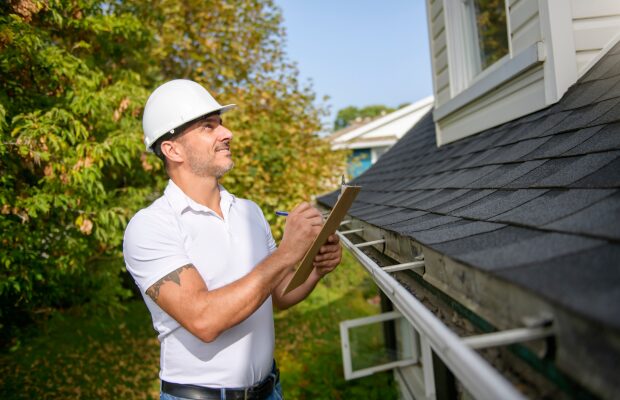If you’re thinking about buying your first home in 2020, you’ll need to save a deposit.
And for many first-time buyers, therein lies the major problem.
Property
prices in the UK have consistently grown over the past 10 to 15 years
and that has placed many areas of the country out of reach for aspiring
first-time buyers.
The Midlands and North West remain
affordable for some – but affordable prices don’t always make saving
that all-important deposit any easier.
If you’re looking
to buy this year, you’ll need at least 5% of your property’s value as a
deposit, but most mortgage lenders will insist on at least 10%.
If
you can save around 20%, you’ll get access to better rates from UK
lenders and this will save you money over the term of your mortgage.
How much you’ll need
According to Zoopla data, the average price of a property in the North West stands at £207,000 currently.
So, a 10% deposit would mean you’d need to save £20,700 – a far from low sum of money.
To gain access to those attractive interest rates, however, you’d need to save around £40,000.
Here are five things you can do to help you save quicker and get you closer to that first property purchase…
1. Don’t rent
The cost of renting in the UK rose by 3.5% in 2019 and more rises are predicted this year.
Renting isn’t getting any cheaper and trying to save a house deposit while paying monthly rent is tough.
If you can move back in with parents, this can really help speed up your saving quest.
Let’s
say you’re paying £700 a month in rent over 12 months – that’s £8,400
that could be sitting in your deposit fund, not to mention the
additional money you’d save on bills, council tax and other expenses.
Moving
back in with mum and dad, even with paying a small amount towards house
keeping each month, could help you save more money and save it quicker.
2. Cut down everyday spending
We all spend money on things we don’t really need.
But it’s not until you tot up your spending that you see the real picture.
If
you’re spending £3.00 every day on a supermarket meal deal during your
lunch hour, that could equate to around £700 a year on sandwiches,
drinks and packets of crisps.
That money could be sitting in your savings account.
Other areas you can save big money include your car.
Do you need it?
Cars are hugely expensive – fuel, maintenance, insurance, road tax and MOTs all hit you hard in the pocket.
If
good transport links are available, getting the train or jumping on a
bus could prove more cost-effective and help you save even more towards
your first home.
3. Earn from your spending
Of course, there are some things you simply have to pay out for.
A mobile phone is a must-have item these days, while you’ll need to buy clothing and do a weekly food shop.
But you can make those outgoings work harder for you by using a cashback credit card.
Credit
cards like these mean you can earn cash credits on what you spend, but
to get the full benefit you must pay off the card’s balance in full each
month.
Failing to do so could affect your credit rating and the interest you’ll pay could outweigh the cashback incentive.
However,
using a credit card sensibly and paying off the balance each month can
help boost your credit rating, which will help when you come to apply
for a mortgage.
As well as cashback credit cards,
supermarkets often run points schemes where you can use what you earn to
buy items – this can help reduce your weekly shop bills and that money
can go straight into your savings.
4. Increase your income
You could consider an evening or weekend job if you want to pick up the pace of your savings quest.
While
it’s important to have time to rest and relax, a second job for, say,
six months could get you to your deposit target quicker.
Alternatively,
you could look to make some additional money by freelancing, although
you would need to factor in additional income tax liabilities.
Finally, if you have items you can sell, this can also help top up your savings.
Sites like eBay and Facebook marketplace are great places to sell the things you don’t need and make some additional money.
5. Save your money in the right places
With
interest rates having fallen to their lowest historical rate once again
the wake of the Coronavirus outbreak, standard savings accounts won’t
make your money work as hard as you’d like.
But as a first-time buyer there are other options for where you can save your deposit.
Among the best is the Lifetime ISA.
You
can save up to £4,000 in one per year and the government will add an
additional 25%, so for £4,000 saved, you’ll end up with £5,000.
Once you’ve had the ISA for 12 months, you can use the money to buy a property costing up to £450,000.
Bank account savings are also options, while you can save up to £20,000 per tax year into a tax-free cash ISA, too.
If you’re looking to buy your first home you can search all our properties for sale or get in touch with your local Whitegates branch.




